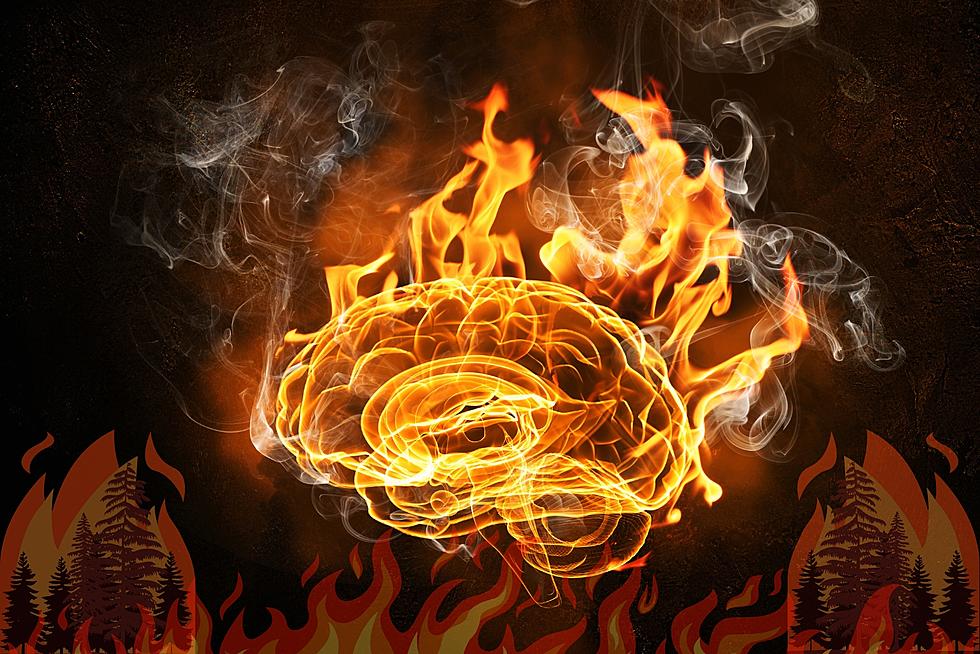
The Powerful Impact Of Wildfires On Mental Health In Washington
As we brace ourselves for what appears to be an impending lengthy and smoky fire season, it's crucial to explore the often-overlooked consequences of these wildfires on our mental well-being. For those who have grappled with the ebbs and flows of depression like myself, the summer months typically bring a sense of joy. Unfortunately, the looming tragedy of wildfires is not the only burden we carry; the heavy smoke that accompanies them adds an additional layer of stress.
Reflecting on a personal experience from a few years ago, I recall donning a respirator to finish "smoking" my BBQ wings as the relentless wildfire smoke swept in swiftly and fiercely. This raises a vital question: How does this environmental crisis impact our mental health?
Smokey Day in Washington
The Mental Health Impact of Wildfires
Recent research from the University of Washington sheds light on the connection between wildfires and mental health. While previous studies have delved into the physical effects of wildfire smoke on respiratory and cardiovascular systems, this research marks the first attempt to examine its impact on mental well-being, according to UW Medicine.
Published in JAMA Open Network last month, the findings emphasize the urgent need for services that enhance mental resilience before, during, and after wildfires. With wildfire seasons becoming longer and more severe, the importance of addressing this hidden mental health impact cannot be overstated.

The study's researchers analyzed psychotropic prescription data covering 7 million individuals (about twice the population of Oklahoma) over eight years following 25 large fires on the West Coast, each burning a minimum of 25,000 acres (about the area of Manhattan). The results indicated a notable increase in prescriptions for antidepressants, anxiety medications, and mood stabilizers in the six weeks after the fires compared to the period before.
Lead author Zack Wettstein, a UW Medicine emergency medicine doctor, remarked, "This research adds a significant amount of evidence that there is a really substantial mental health impact related to wildfire in our communities."
Looking ahead, concerns about the upcoming fire season are already surfacing in Washington, with below-average snowpack raising alarms. If snow melts prematurely, vegetation will dry out sooner, potentially prolonging the 2024 wildfire season. A hotter and drier summer is also forecasted for the region by the Climate Prediction Center.
Legislative Response: Funding for Wildfire Prevention
In response to these challenges, the Legislature is expected to restore $36 million in funding for wildfire prevention, a critical move given the escalating risks. The Department of Natural Resources is gearing up for the fire season by hiring and training firefighters and ensuring necessary aircraft and heavy equipment are in place, with a target of containing 90% of fires on DNR land to 10 acres or less.
As we confront the visible threats of wildfires, let us not forget the hidden toll on our mental health. Acknowledging and addressing this aspect is essential for fostering resilience in communities grappling with the increasing impact of wildfires on both our environment and our minds.
Do you feel the wildfires impact your mental health? 👉 Let us know!
See How Firefighters Fight Fires Around the World
8 Ways to Clear & Keep Wildfire Smoke from Your Home
Gallery Credit: AJ Brewster
Important: 12 Tips To Stay Safe Using Your Fireplace and Chimney
Gallery Credit: Jaime Skelton
More From 610 KONA









